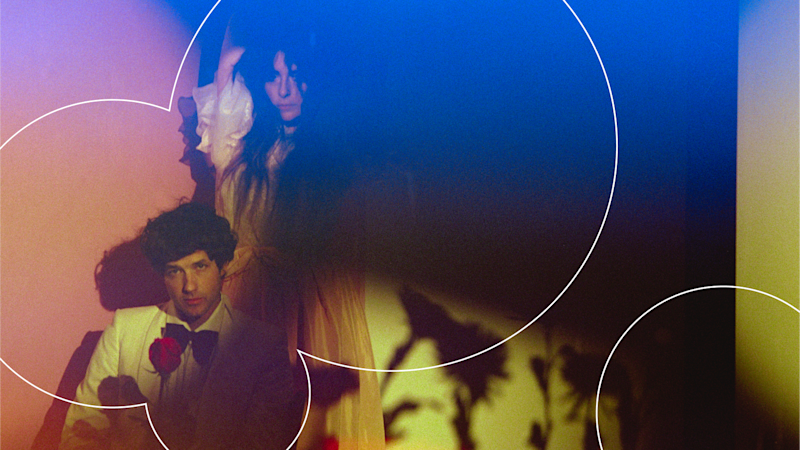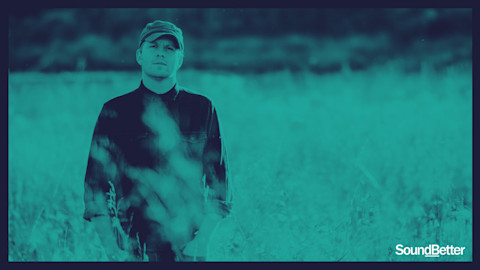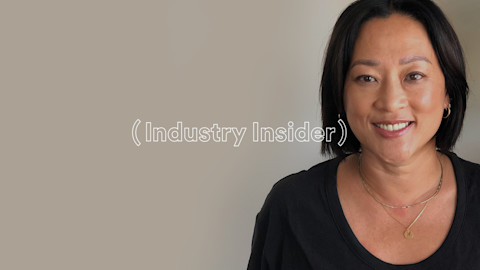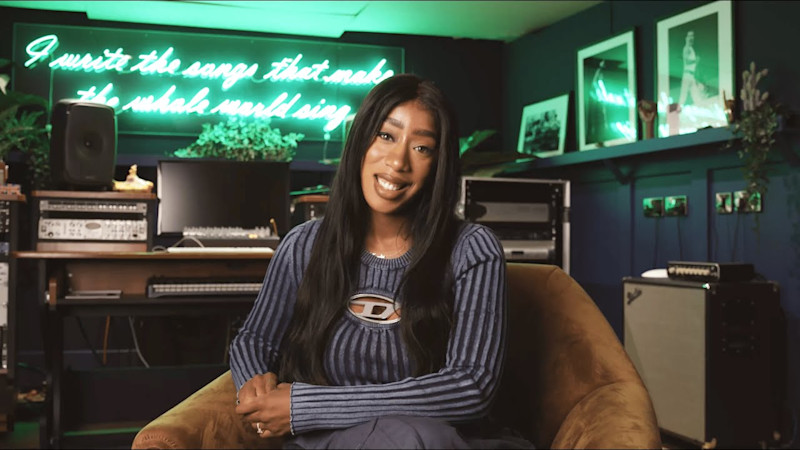Jack Tatum has always had a need for control—especially when it comes to his creative endeavors. When he released his 2010 debut, Gemini, as Wild Nothing, his was the only name attached to the album. To outsiders’ ears, it was impressive that such a confident set of hazy, melancholic reveries could have been crafted by a single set of hands.
But for Tatum, working solo only felt natural. He had always made music on his own; he had never formed a band or jammed with friends. Soon enough, though, as his music began to reach a wider audience, and his own tastes and proclivities evolved, he started to seek out other musicians—one at a time—to help him realize his full musical vision.
First, he brought in a guest vocalist, then a drummer, then more and more instrumentalists with each recording. His willingness to open up his art to other musicians has helped give his work a richer, more dynamic feel.
Spotify for Artists caught up with Tatum to discuss his journey as Wild Nothing, evolving from a strictly one-man show to a more collaborative experience, and to seek out his advice to other solo artists and session musicians.
Spotify for Artists: When and how did you start writing and recording your own music as Wild Nothing?
Jack Tatum: I was a junior in college and had been writing songs since I was 15. In the beginning, Wild Nothing was really just an extension of myself, basically just a snapshot of what I was interested in at the moment. I was living with a friend in Savannah, Georgia, the summer before my senior year of college and ended up writing almost half of Gemini just in his living room. I would wake up each morning and write all day, then crash out on his couch. I put “Summer Holiday,” “Live In Dreams,” and “Drifter” up on MySpace that summer and within a month, [the label] Captured Tracks saw my friend request and asked if I would make a record.
Why did you decide to start bringing others into the studio with you? How did that feel for you at first?
Gemini will always be special to me because of the fact that not a single other person touched that record in any way. I’m convinced it’s a completely unrepeatable album because of that, too, but it’s one that’s very flawed in my mind. I never really knew any other way, though. Growing up, my experience with making music was extremely solitary and honestly a little bit isolating. It really wasn’t until I put out a single called “Nowhere” [in 2012] that I starting working with other people. At first it was very utilitarian too, basically just saying to myself, “I need this thing that I can’t do,” which in that case was finding a drummer to play on my songs.
What are some pros and cons to recording with other people versus doing it all on your own?
It’s all about control, right? I’ve loosened up so much over the years, but at first it was extremely difficult for me to let other people in. I never liked the idea of not knowing what was coming next, and when you control every aspect of the music, then that’s something you never have to worry about. I enjoy working with other people so much more now. I like the idea of asking a musician to take some liberties with a song you’ve written, but it’s also very clear to me that those controlling tendencies will never fully go away. Even when I work with other musicians I find myself really wanting to go in afterward and adjust or edit things in a way that more suits the painting in my head.
How do you find the musicians to help your vision come to life? Do you have them audition for you first?
No, I’ve never had an audition for anyone I’ve worked with. That feels awkward to me. It’s always just people that have been recommended to me or people I’ve met through playing shows and chatting with other bands/producers. All the producers I’ve worked with have been a result of me seeking out people whose work I admire. I’ve been lucky to work with a number of different people who have worked on records that I enjoy. Those producers always have good connections as well, so with every record basically there would be a moment where we would get stuck and they’d say, “Okay, well, why don’t we ask this person to come in?”
How much of a role do these musicians typically play in helping you craft and fine-tune a song?
Typically the parts are pretty set in stone by the time I get other people involved. There are certain things that are beyond me though. Like the string arrangements for “Shadow” that Ben Talmi did—I have no idea what’s going on there, I didn’t write it. I don’t play saxophone so any time that pops up on my records it’s generally improv, things like that.
I’ve worked with drummers more than any other players simply because I still really enjoy playing as many of the parts as I can myself and I’m a lousy drummer. There’s definitely been times where I show a drummer a part I’ve programmed and they’re like, “You know this is humanly impossible right?” So yeah, it’s good to have someone who knows what they’re doing to tell me I’m crazy and then adjust the parts.
How about the musicians you tour with—what do you look for in a touring musician and how did you find your current tour bandmates?
It’s kind of a different ballgame. Having people that you get along with on a personal level helps, obviously. We spend so much time together. This live band has had a lot of turnover but really none of it has been sour or negative in my mind. People just come and go for various reasons, as you might expect.
What advice do you have for aspiring session musicians or those looking to join an already formed band?
I think the truth is that there are factors at play that you don’t always have a lot of control over. I’d be lying if I said timing and luck weren’t a part of it. I’ve always found people through word of mouth, friends of friends and that kind of thing. I do feel like it’s important to put yourself out there, playing in bands and meeting other musicians at shows. Trying to keep in touch with people you’ve hit it off with no matter where they live. I think also just making it clear to friends or musicians you’ve met that you’d be interested in playing with them if the opportunity comes up. People remember those things.
—Stephanie Garr






